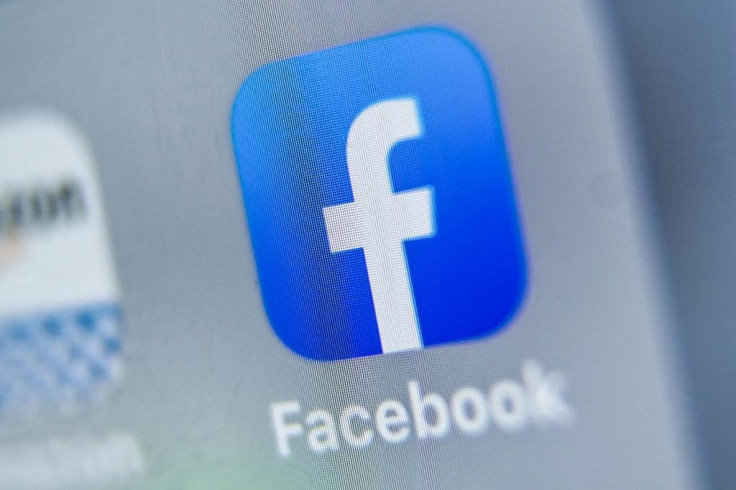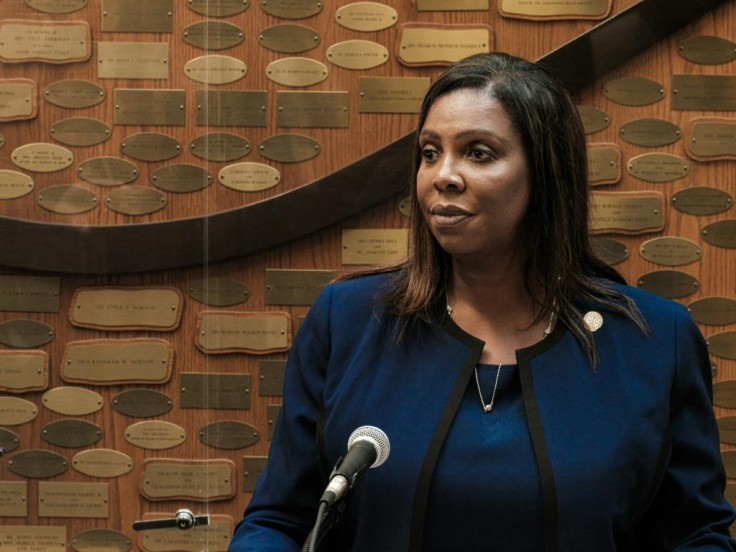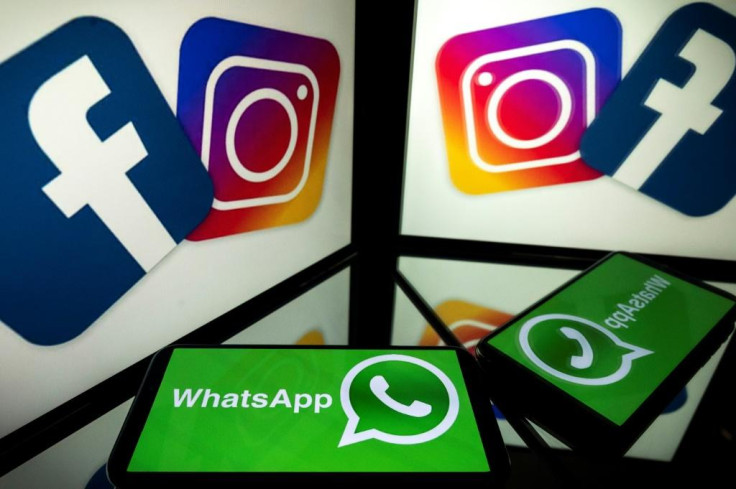Facebook antitrust suits seek to divest Instagram, WhatsApp
Some analysts argued the antitrust cases would have difficulty proving Facebook harmed consumers since its services are largely free.
US federal and state antitrust enforcers filed suit against Facebook on Wednesday claiming the social media giant abused its dominant position and seeking to unwind its acquisitions of messaging services Instagram and WhatsApp.
Separate suits filed by the Federal Trade Commission and a coalition of state officials called for the divestment of Instagram and WhatsApp, services which are part of the Facebook "family" of applications.
"Facebook's actions to entrench and maintain its monopoly deny consumers the benefits of competition," said Ian Conner, director of the FTC's Bureau of Competition.
"Our aim is to roll back Facebook's anticompetitive conduct and restore competition so that innovation and free competition can thrive."

A separate legal action was filed by antitrust enforcers from 48 US states and territories.
"For nearly a decade, Facebook has used its dominance and monopoly power to crush smaller rivals and snuff out competition, all at the expense of everyday users," said New York state Attorney General Letitia James, who leads the coalition.
The suits allege Facebook sought to squelch competition by acquiring the messaging applications -- Instagram in 2012 and WhatsApp in 2014.
The action presages a fierce court battle seeking to force Facebook to divest the apps which have become an increasingly important element of the business model of the California giant and integrated into its technology.

Facebook said it would "vigorously" defend its actions and denied abusing its position.
"Antitrust laws exist to protect consumers and promote innovation, not to punish successful businesses," Facebook general counsel Jennifer Newstead said in a statement.
"Instagram and WhatsApp became the incredible products they are today because Facebook invested billions of dollars, and years of innovation and expertise, to develop new features and better experiences for the millions who enjoy those products."
Newstead added that these deals had been approved years ago by the FTC, which she said meant "the government now wants a do-over, sending a chilling warning to American business that no sale is ever final."

Some analysts argued the antitrust cases would have difficulty proving Facebook harmed consumers since its services are largely free.
Jessica Melugin of the Competitive Enterprise Institute libertarian think tank called the actions "political theater dressed up as antitrust law" and argued that "a billion consumers worldwide have benefited from Facebook's purchase of Instagram and WhatsApp."
Cleveland State University law professor Christopher Sagers said the case may have merit because Facebook "has been an unabashedly predatory and exclusionary bully in every sector it's been involved in."
But he also noted that "American antitrust law is now so hard to enforce in all cases, especially in cases like this, involving no conspiracy among competitors, and rather involving only one big firm's unilateral conduct."
The case is likely to hinge not only on Facebook's share of social media users but the vast troves of data it collects from some three billion users worldwide including two billion on WhatsApp and a billion on Instagram..
Tiffany Li, a Boston University law professor who studies the sector, said that while Facebook has rivals bidding for internet users' attention it has a big advantage because of its access to data.
"One company having exclusive ownership of vast amounts of user data, with no potential for interoperability or access to competitors, can be anti-competitive," she said.
The FTC announced earlier this year it would review acquisitions made by five Big Tech firms over the past decade, opening the door to a wave of potential antitrust investigations.
The consumer protection agency said it would review deals made by Amazon, Apple, Facebook, Microsoft and Google parent Alphabet since 2010 amid growing complaints about tech platforms which have dominated key economic sectors.
The US Justice Department, which shares antitrust enforcement with the FTC, in October sued Google parent Alphabet, accusing the Silicon Valley giant of maintaining an "illegal monopoly" in online search and advertising and opening the door to a potential breakup. Eleven US states joined that case.
Copyright AFP. All rights reserved.
© Copyright IBTimes 2025. All rights reserved.





















